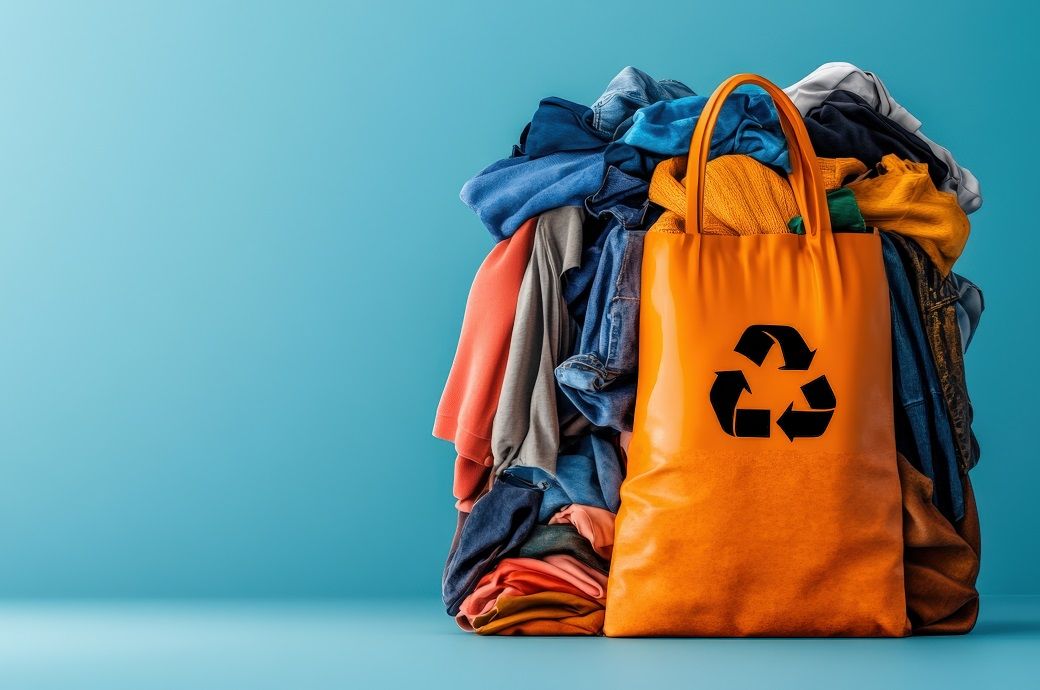
The Council presidency and European Parliament representatives have reached a provisional agreement to impose stricter rules on textile waste and cut food waste. The deal, which revises the EU’s waste framework directive, aims to significantly reduce waste in both sectors by 2030.
Under the agreement, the EU will introduce binding targets to slash food waste across the bloc by 2030. These measures are designed to create a more sustainable food system by tackling waste at multiple stages of the supply chain, the European Council said in a release.
The new rules also address the growing problem of textile waste, particularly targeting ultra-fast and fast fashion industries. Under the Extended Producer Responsibility (EPR) framework, textile producers and fashion brands will now be financially responsible for the waste their products generate. Companies will pay fees to support waste collection and treatment, with charges based on the sustainability and circularity of their products.
To encourage long-lasting clothing, EU member states may adjust these fees depending on the longevity and durability of textile products. While all companies will be included in the framework to ensure fair competition, microenterprises will have an additional year to comply, allowing them to adapt without excessive administrative pressure.
“Today’s agreement on waste textile marks a significant step towards a robust, circular, and competitive EU economy, while upholding the polluter pays principle. Additionally, the EU is for the first time setting ambitious food waste reduction targets for more sustainable food systems,” said Paulina Hennig-Kloska, Poland’s minister for Climate and Environment.
The provisional deal now requires formal endorsement by both the European Parliament and the Council. Once adopted, EU member states will have up to 20 months to align their national laws with the new regulations.
The European Commission will review the financing of EPR schemes and assess potential textile waste reduction targets for 2029. It will also examine food waste in primary production and consider updating food waste reduction targets for 2030 and 2035 by 2027.
Fibre2Fashion News Desk (HU)